Retired professor and head emeritus of biosystems engineering Paul...


Retired professor and head emeritus of biosystems engineering Paul...
From seed selection to pesticide application, farmers work diligently to manage every factor that influences yield—but wildlife damage in row crops remains one of the most troublesome aspects to control. To help find solutions, assistant professor and Alabama...
By Machaira Christopher When Ally Jackson first came to Auburn, she felt at home — so much so that she stayed for three degrees. Having completed her bachelor’s and master’s degrees in poultry science on the Plains, Jackson is currently working toward a doctorate in...

By Machaira Christopher When Ally Jackson first came to Auburn, she felt at home — so much so that she stayed for three degrees. Having completed her bachelor’s and...
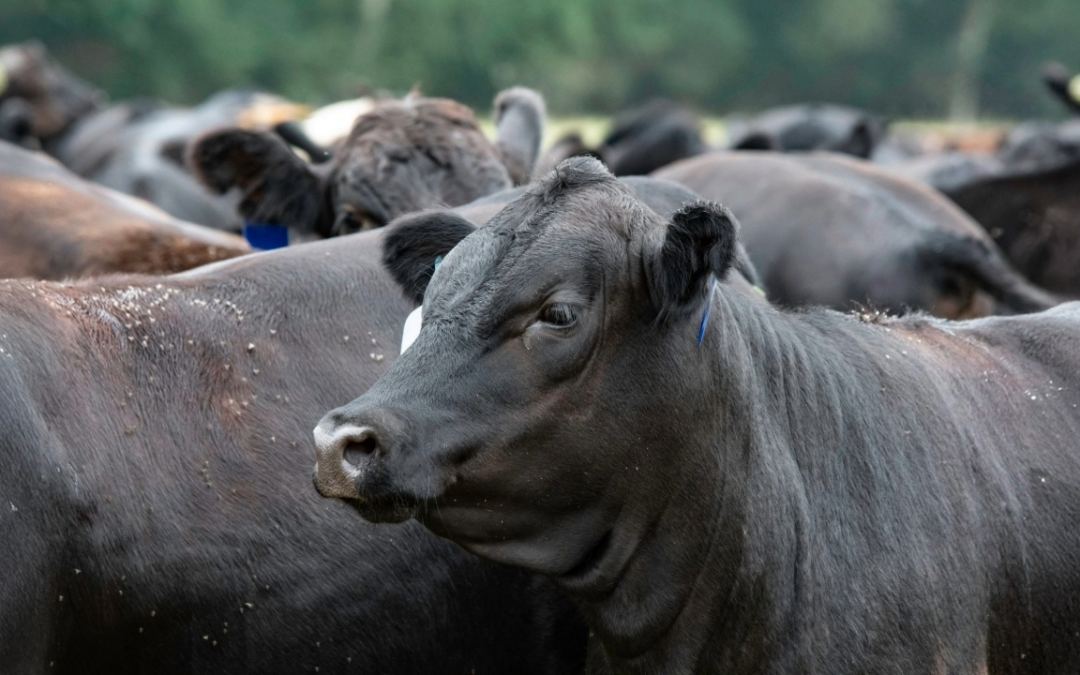
The common parasitic horn fly (Haemotabia irritans) can drain up to a pint of cow blood every week, and they are fast becoming resistant to insecticide. Researchers at...
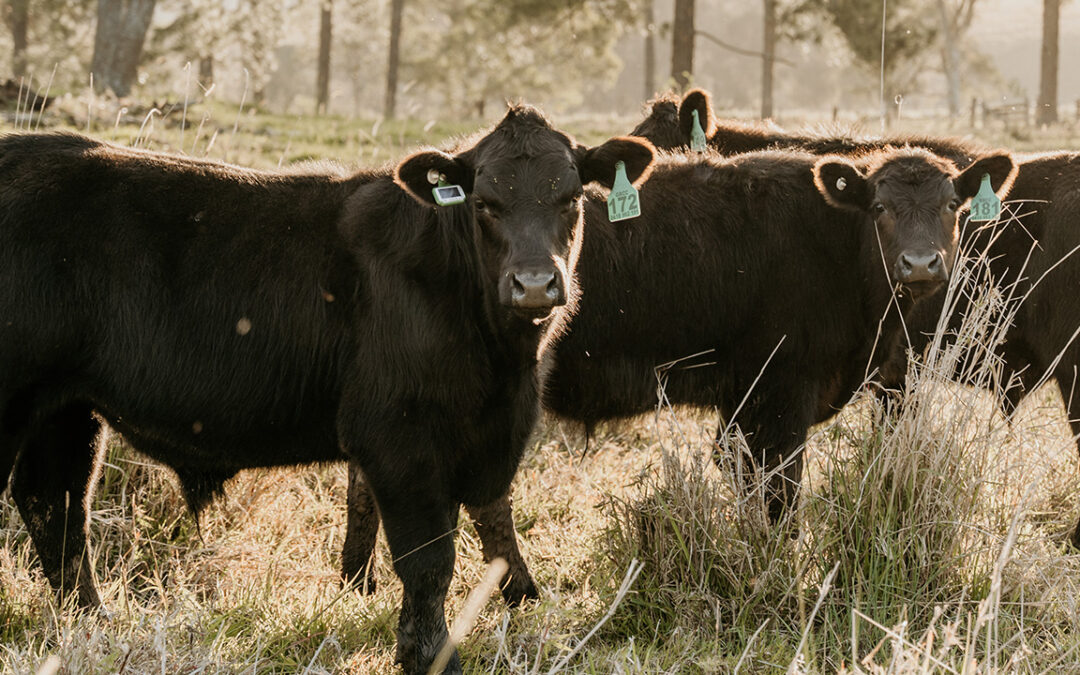
Partnership with CERES TAG to enhance data collection The Department of Animal Sciences in the Auburn University College of Agriculture recently announced a partnership...
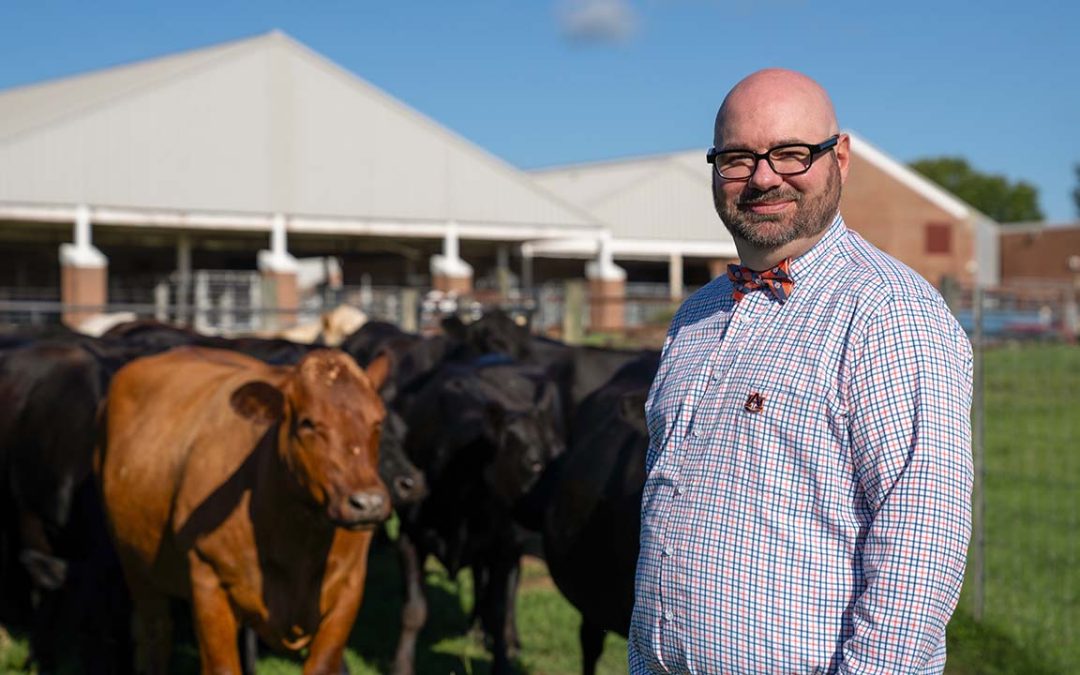
Sometimes, one Auburn University researcher says, it makes sense to increase input costs in one part of the system if it means costs are decreased somewhere else or the profit margin of the system is increased.

The USDA National Institute of Food and Agriculture (NIFA) Agriculture and Food Research Initiative (AFRI) recently awarded Aniruddha Maity a $300,000 grant to….
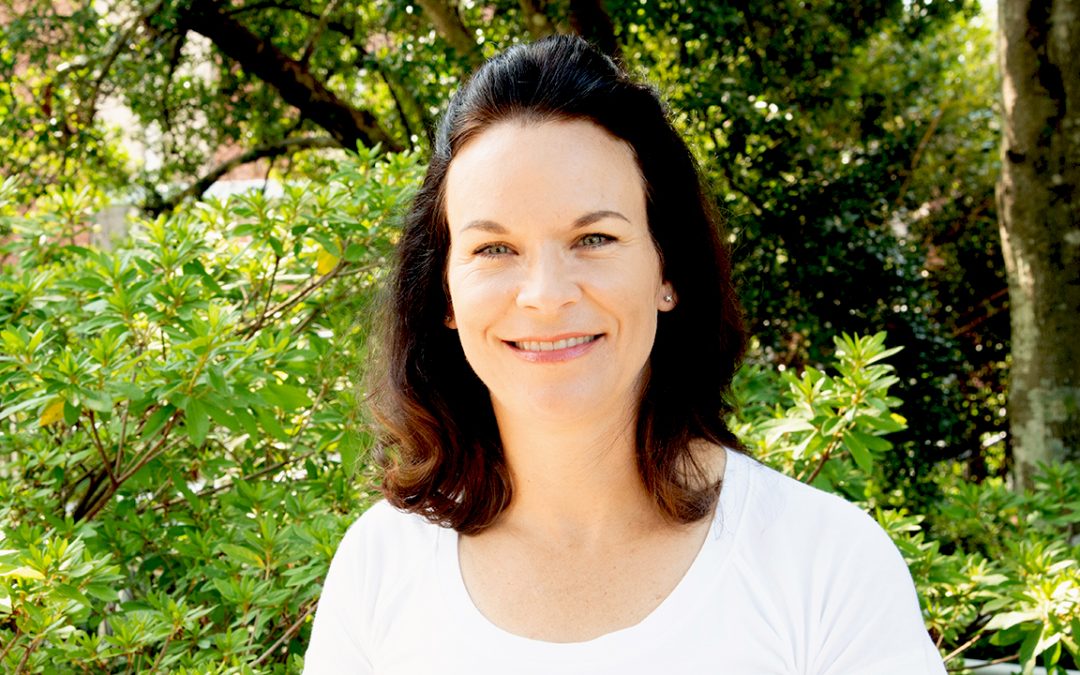
The U.S. Fish and Wildlife Service, in consultation with the Mississippi Department of Wildlife, Fisheries, and Parks, has awarded Dr. Shannon Brewer a $433, 867 grant to….
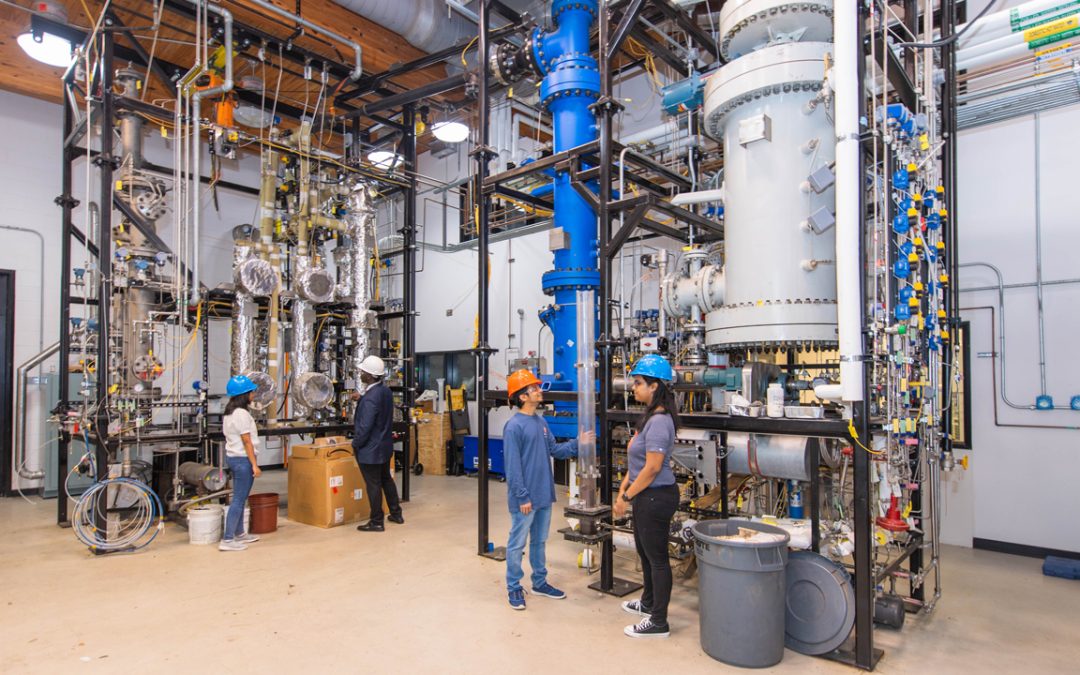
For researchers studying environmentally friendly farming practices, biochar is a game-changer.
Biochar, a charcoal-like substance created by heating plant waste, is a groundbreaking innovation in the field of sustainable farming. It is beneficial for improving soil quality, recycling organic plant material and capturing greenhouse gas emissions from the agricultural industry.
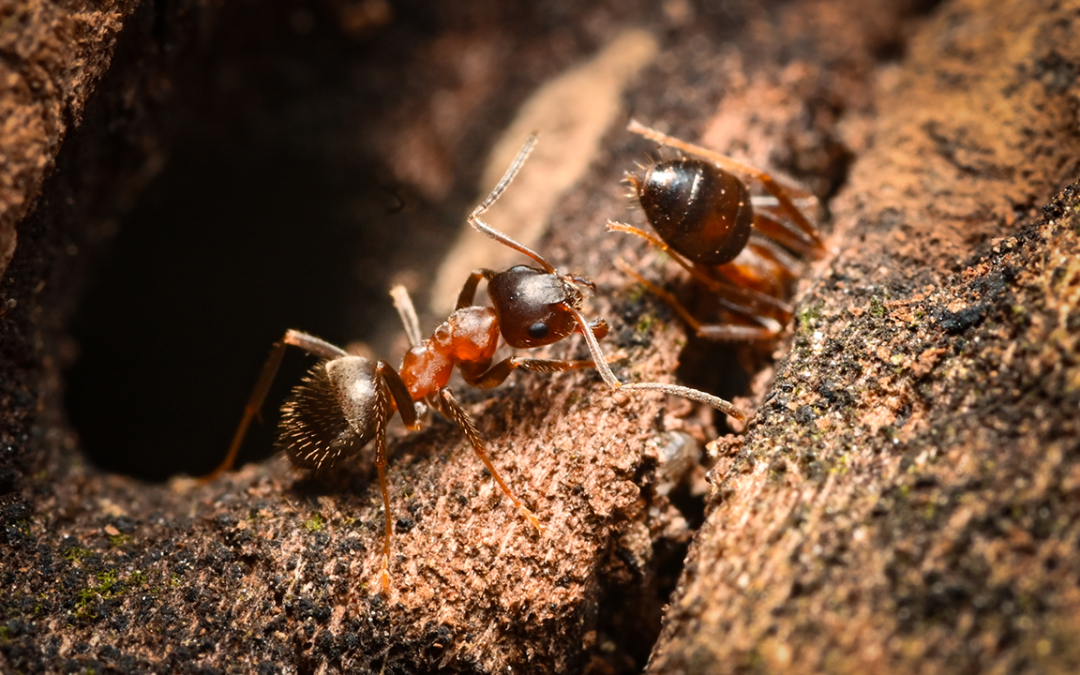
Auburn University researcher part of team identifying fast-multiplying New York City ant An unidentified ant that went viral following its discovery in the heart of New York City has finally been studied and identified. The ant first made national headlines and was...
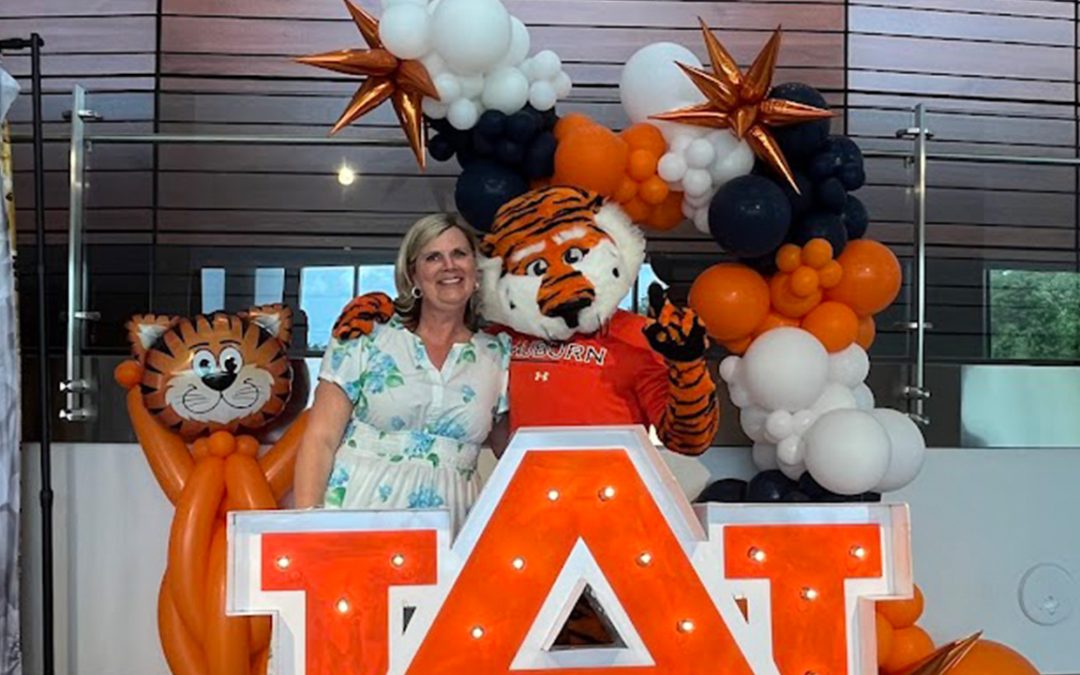
“It’s a dream to work for Auburn. I love Auburn,” Anderson said. “I’m forever grateful for the experience, the amazing people I’ve met and the friendships I’ve made.”
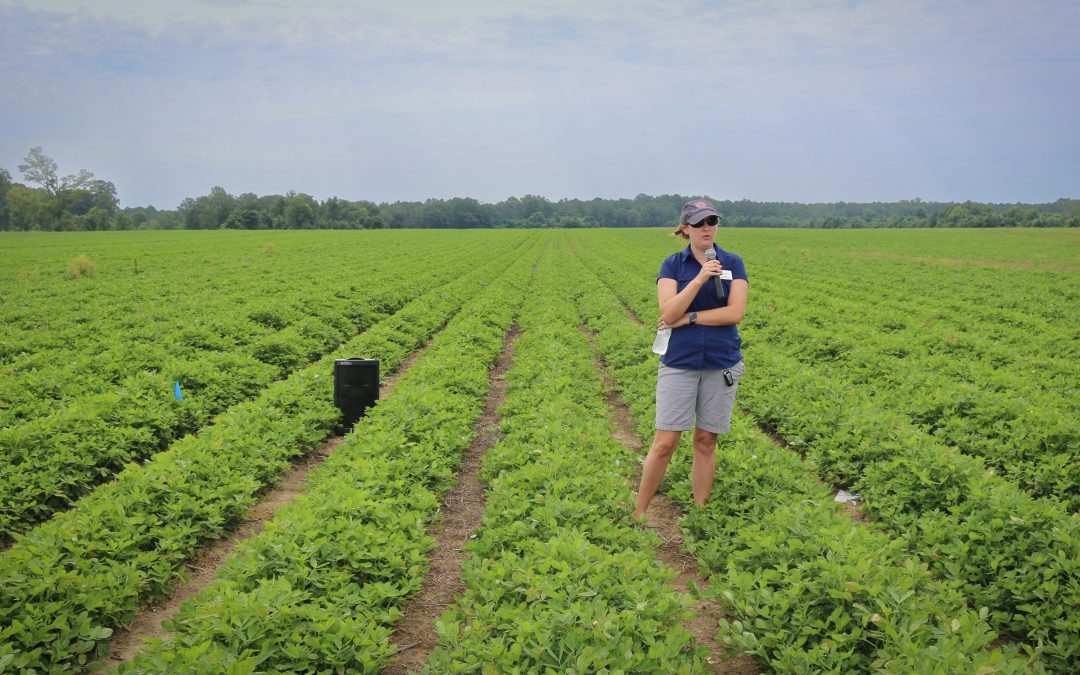
U.S. peanut producers have seen peaks and valleys in their yields over the years, prompting researchers at Auburn University to…
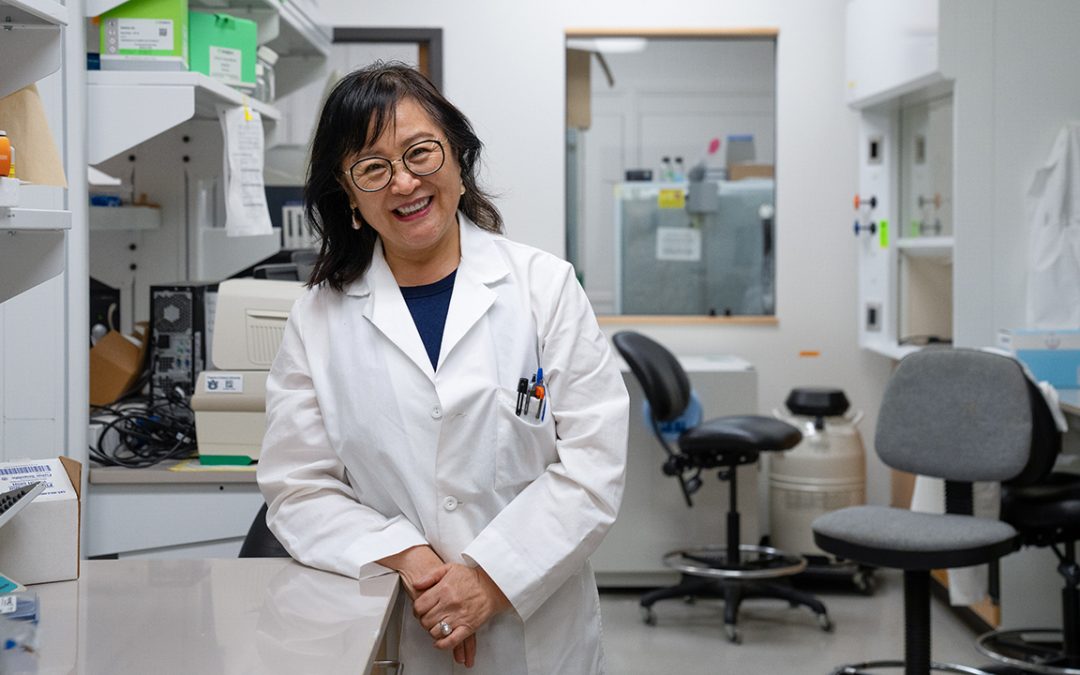
A seasoned researcher and administrator in the Auburn University College of Agriculture and one of the top 2% of entomologists in the world got her start in the field because of the kindness of a neighbor.
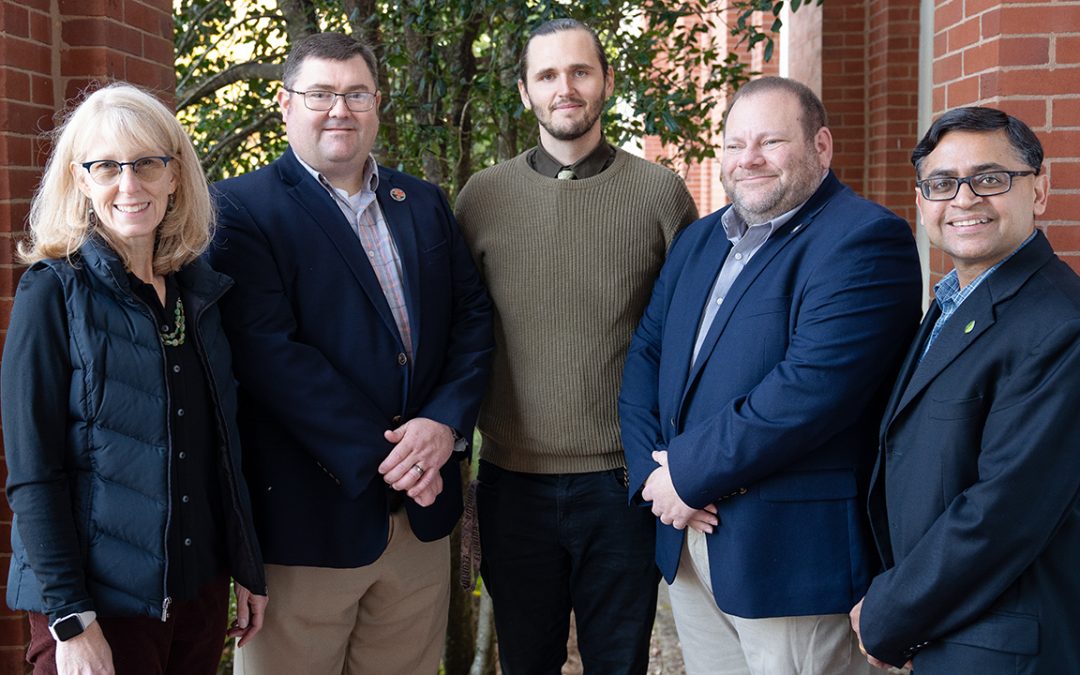
Farmers often lament the land lost to suburban sprawl, but across the South, a land mass roughly the size of New Jersey is stuck in a legal limbo known as heirs’ property.
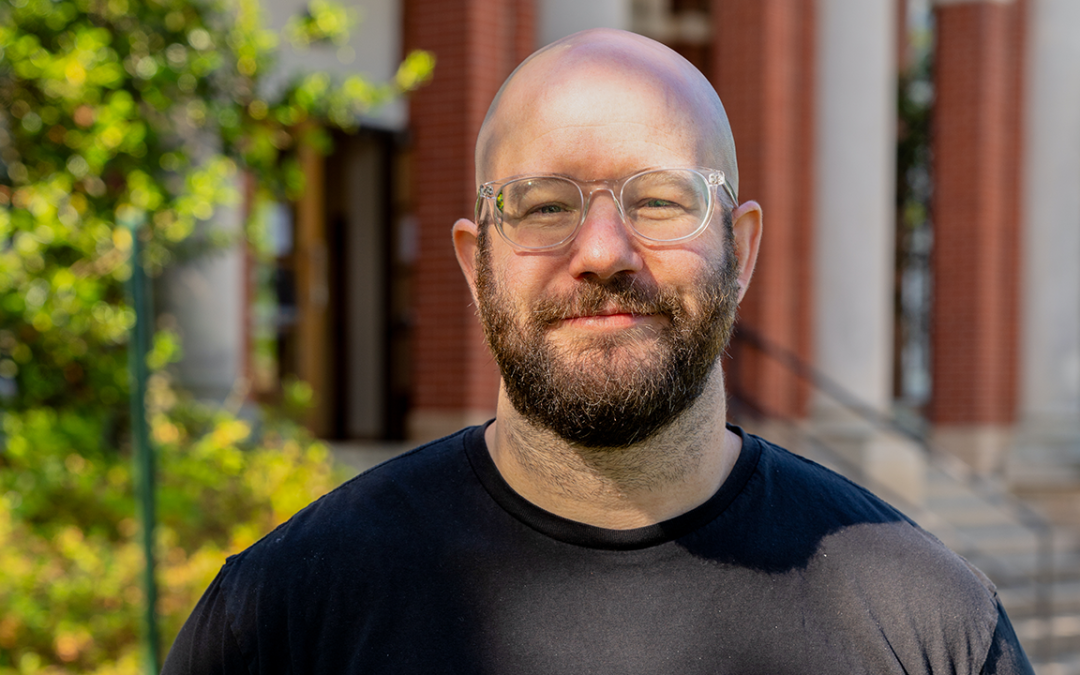
One of several grants offered through the Alabama Agricultural Experiment Station (AAES) research program for the current fiscal year will allow for the continuation of groundbreaking research originally established at Auburn University that focuses on using beneficial bacteria for promoting plant growth, plant health, nutrient uptake and insect pest prevention.
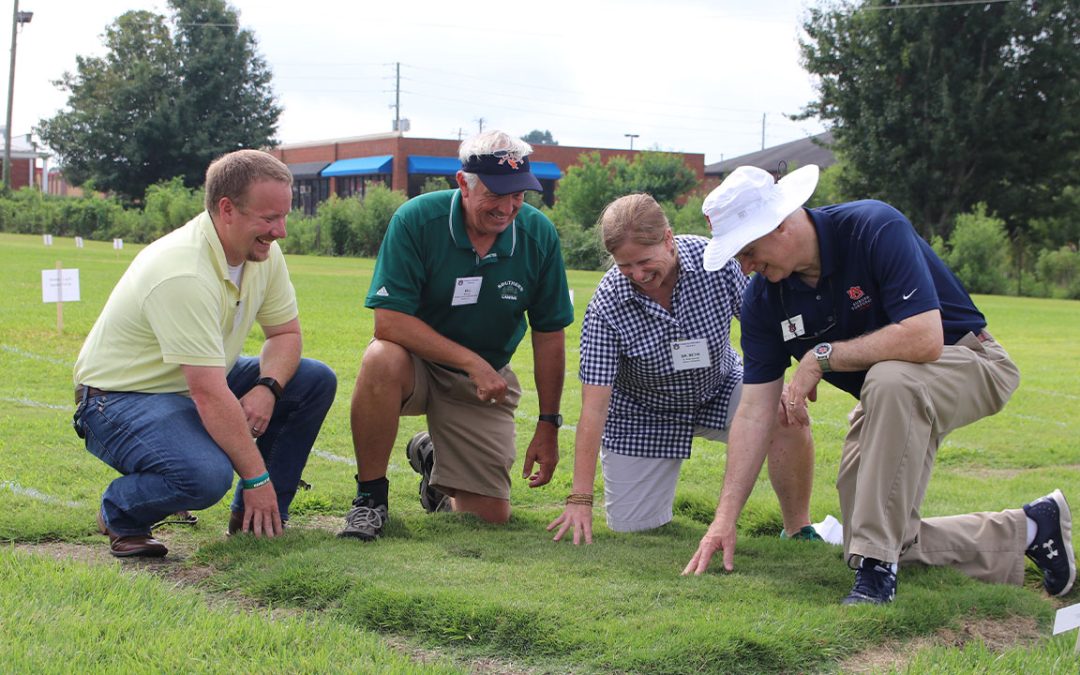
Longtime Auburn University Professor Beth Guertal has joined the ranks of Thomas Edison, W.E.B. Dubois and Margaret Mead with her election as a fellow to the American Association for the Advancement of Science (AAAS).
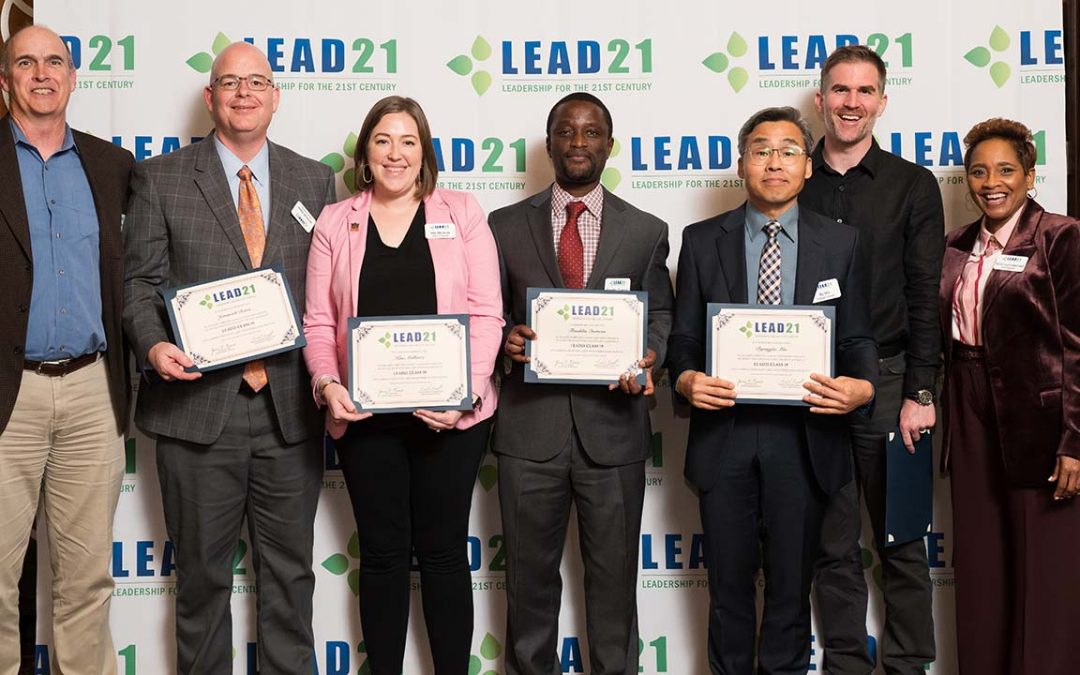
Three faculty members from the Auburn University College of Agriculture were among 88 nationally to complete the 2023-24 LEAD21 leadership-development program. They were Jeremiah Davis, professor and director of the National Poultry Technology Center; Kim Mullenix,...
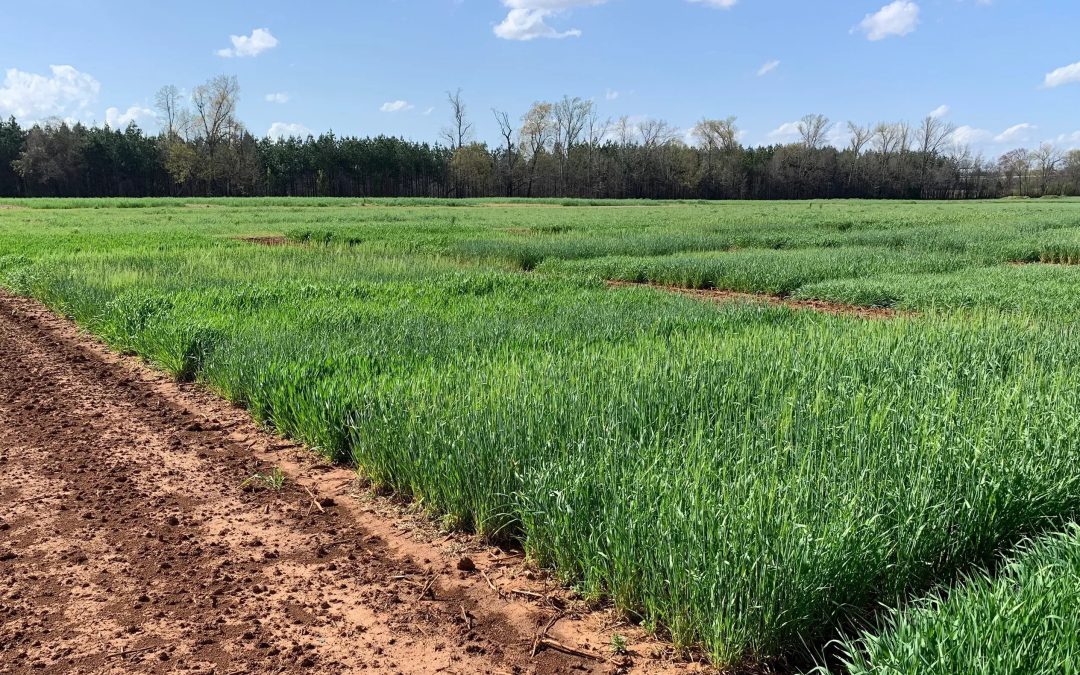
Research shows Alabama barley good for beer, rotational crop The first beer ever brewed from Alabama-grown barley made its debut this past fall, and Auburn University researchers are looking at even more possibilities for a crop that’s not so common to farmers in the...
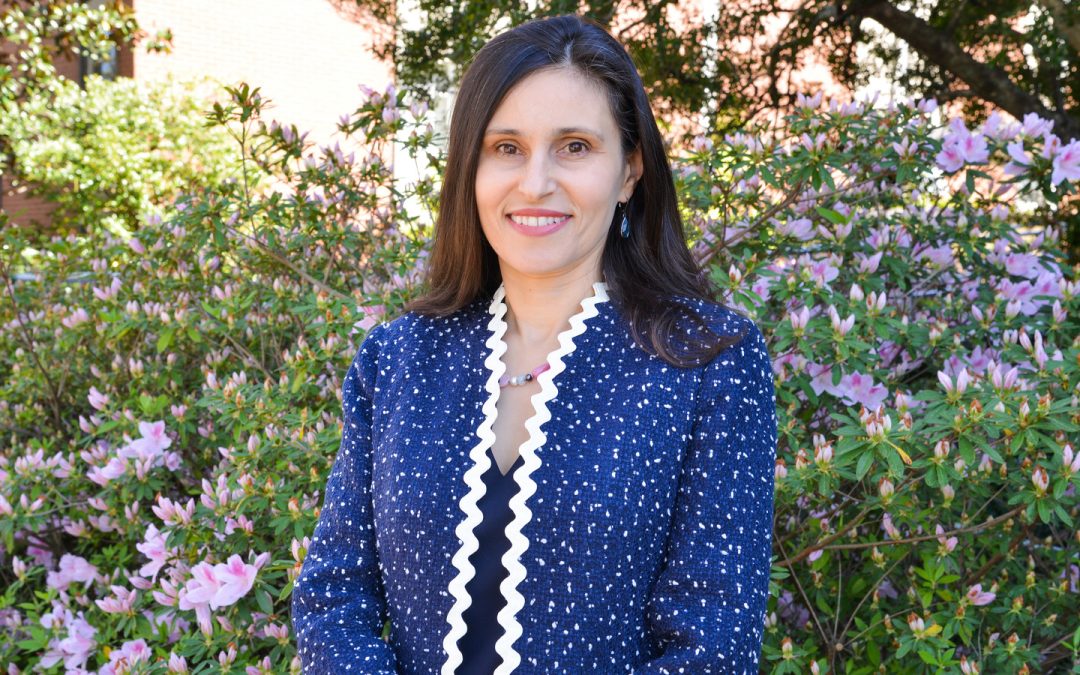
Research made possible by $650,000 USDA-NIFA grant The number of farms in the U.S. operated by women has grown 27% in recent years. Yet, despite their growing number and influence, little is known about the needs of women in farming, the challenges they face and their...

The USDA National Institute of Food and Agriculture recently awarded a $3.9 million, five-year grant to a team of researchers to enhance honey bee health for pollination of specialty crops. Auburn University associate professors Geoff Williams, from the Department of...
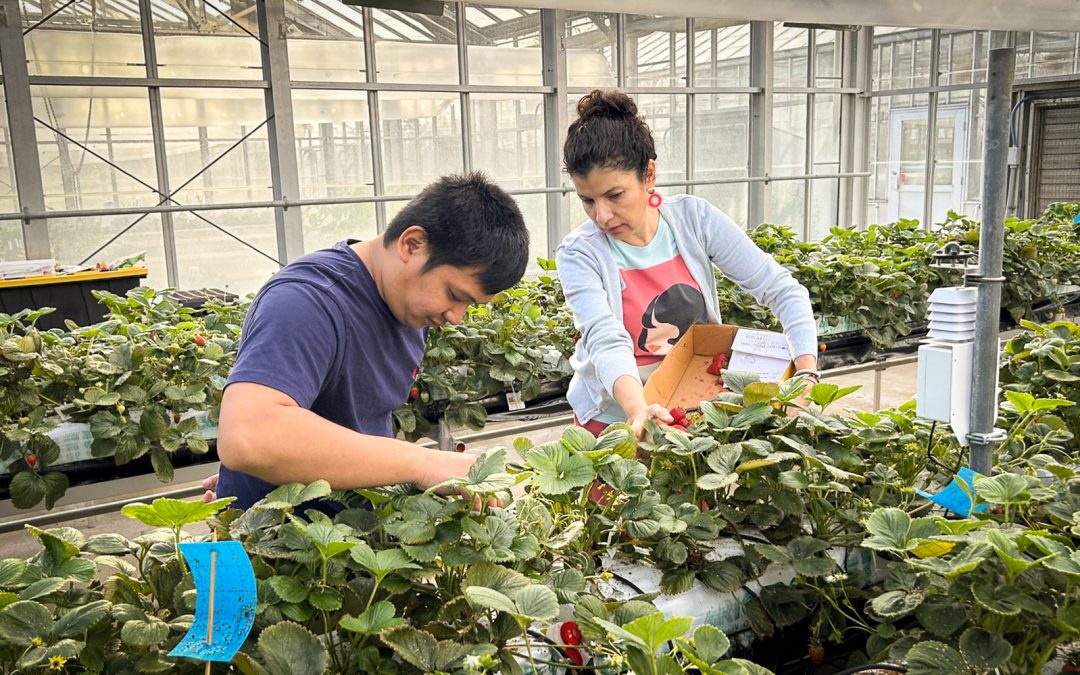
Fresh Alabama strawberries in November, December, January and February? It’s not as far-fetched as it may sound. In fact, research taking place at the Auburn University Alabama Agricultural Experiment Station (AAES) is showing great promise in growing strawberries in...
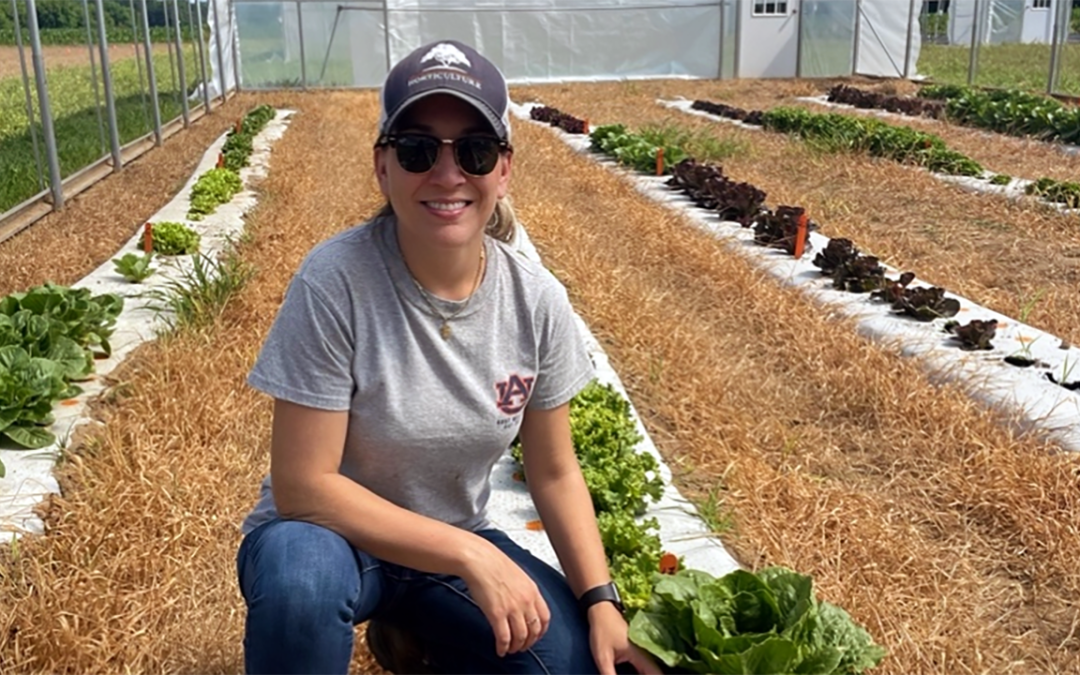
An Auburn University assistant professor and Alabama Extension specialist earned an early career award for her research and extension work to address the needs of the local and regional fresh produce industry. Camila Rodrigues — a researcher for the Alabama...
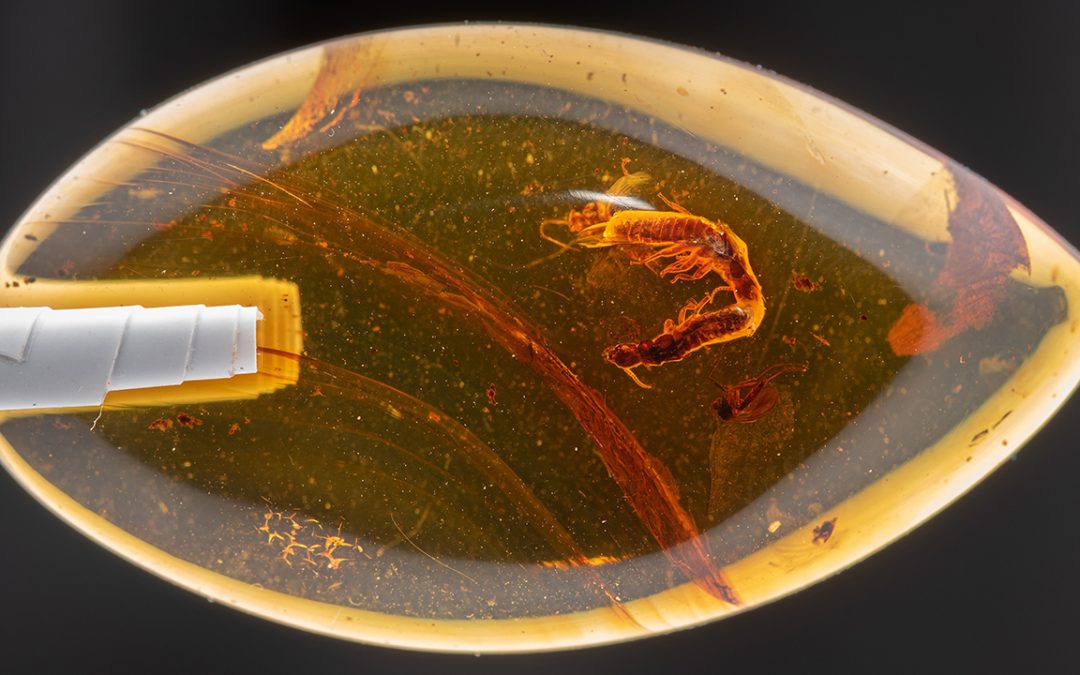
Mizumoto recreates fossilization process to test tandem run hypothesis An assistant professor in the Auburn University Department of Entomology & Plant Pathology recently found evidence that termites living millions of years ago mated the same way termites do...
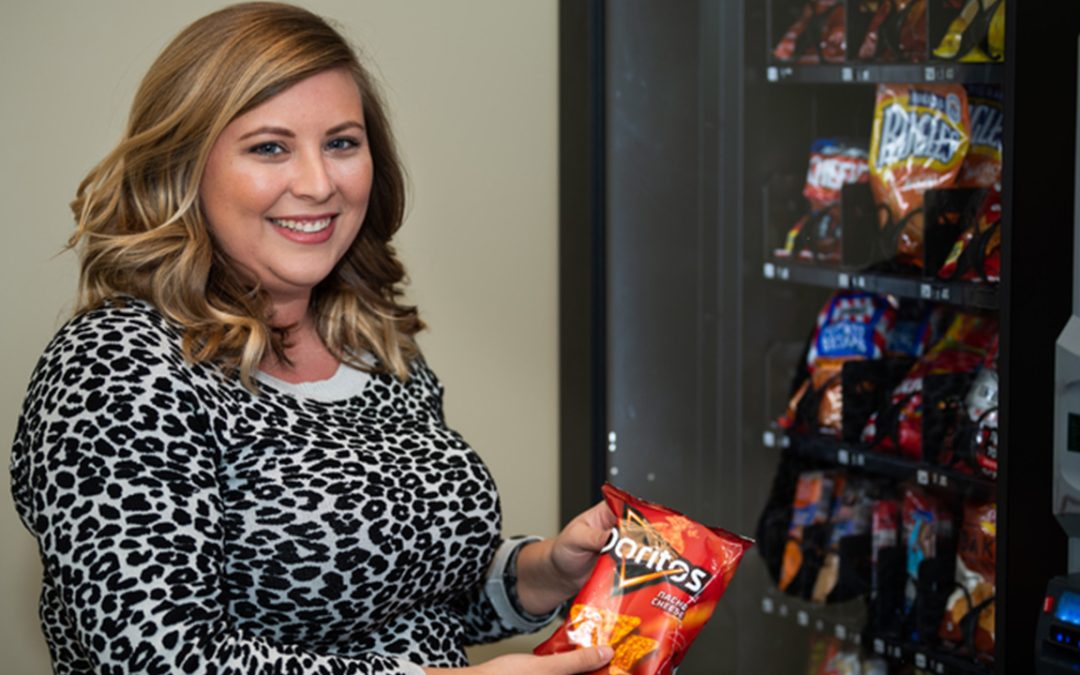
By Jeremy Henderson jdh0123@auburn.edu, 3343190721 When it came to selecting a success story celebrating the growing role of women in their company's leadership — and in STEM fields in general — Frito-Lay chose wisely. The snack giant recently highlighted 2013...

An endowed professor in the Auburn University College of Agriculture is listed as among the world’s top 2% of entomologists in a database announced recently by Stanford University. “This recognition is a testimony to the impact our research has had on the broader...
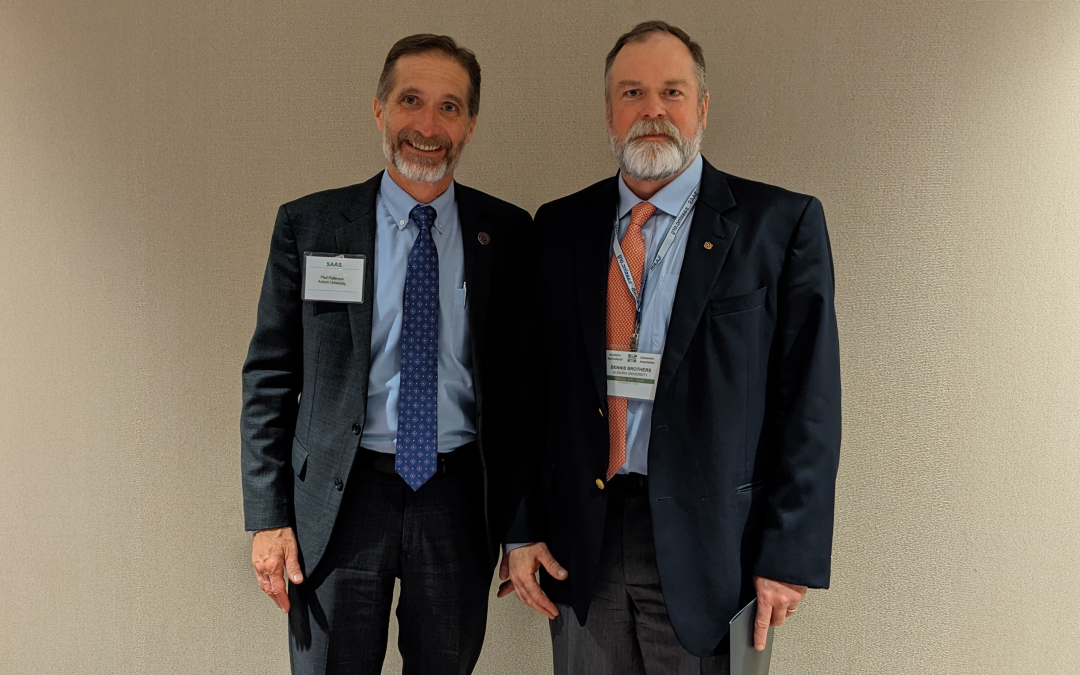
Dennis Brothers received the Southern Agricultural Economics Association’s Outstanding Extension Project Award at its annual meeting in early February. Brothers is an associate extension professor in the university’s Department of Agricultural Economics and Rural...

Sometimes, one Auburn University researcher says, it makes sense to increase input costs in one part of the system if it means costs are decreased somewhere else or the profit margin of the system is increased.

The USDA National Institute of Food and Agriculture (NIFA) Agriculture and Food Research Initiative (AFRI) recently awarded Aniruddha Maity a $300,000 grant to….

The U.S. Fish and Wildlife Service, in consultation with the Mississippi Department of Wildlife, Fisheries, and Parks, has awarded Dr. Shannon Brewer a $433, 867 grant to….

For researchers studying environmentally friendly farming practices, biochar is a game-changer.
Biochar, a charcoal-like substance created by heating plant waste, is a groundbreaking innovation in the field of sustainable farming. It is beneficial for improving soil quality, recycling organic plant material and capturing greenhouse gas emissions from the agricultural industry.

Auburn University researcher part of team identifying fast-multiplying New York City ant An unidentified ant that went viral following its discovery in the heart of New York City has finally been studied and identified. The ant first made national headlines and was...

“It’s a dream to work for Auburn. I love Auburn,” Anderson said. “I’m forever grateful for the experience, the amazing people I’ve met and the friendships I’ve made.”

U.S. peanut producers have seen peaks and valleys in their yields over the years, prompting researchers at Auburn University to…

A seasoned researcher and administrator in the Auburn University College of Agriculture and one of the top 2% of entomologists in the world got her start in the field because of the kindness of a neighbor.

Farmers often lament the land lost to suburban sprawl, but across the South, a land mass roughly the size of New Jersey is stuck in a legal limbo known as heirs’ property.

One of several grants offered through the Alabama Agricultural Experiment Station (AAES) research program for the current fiscal year will allow for the continuation of groundbreaking research originally established at Auburn University that focuses on using beneficial bacteria for promoting plant growth, plant health, nutrient uptake and insect pest prevention.

Longtime Auburn University Professor Beth Guertal has joined the ranks of Thomas Edison, W.E.B. Dubois and Margaret Mead with her election as a fellow to the American Association for the Advancement of Science (AAAS).

Three faculty members from the Auburn University College of Agriculture were among 88 nationally to complete the 2023-24 LEAD21 leadership-development program. They were Jeremiah Davis, professor and director of the National Poultry Technology Center; Kim Mullenix,...

Research shows Alabama barley good for beer, rotational crop The first beer ever brewed from Alabama-grown barley made its debut this past fall, and Auburn University researchers are looking at even more possibilities for a crop that’s not so common to farmers in the...

Research made possible by $650,000 USDA-NIFA grant The number of farms in the U.S. operated by women has grown 27% in recent years. Yet, despite their growing number and influence, little is known about the needs of women in farming, the challenges they face and their...

The USDA National Institute of Food and Agriculture recently awarded a $3.9 million, five-year grant to a team of researchers to enhance honey bee health for pollination of specialty crops. Auburn University associate professors Geoff Williams, from the Department of...

Fresh Alabama strawberries in November, December, January and February? It’s not as far-fetched as it may sound. In fact, research taking place at the Auburn University Alabama Agricultural Experiment Station (AAES) is showing great promise in growing strawberries in...

An Auburn University assistant professor and Alabama Extension specialist earned an early career award for her research and extension work to address the needs of the local and regional fresh produce industry. Camila Rodrigues — a researcher for the Alabama...

Mizumoto recreates fossilization process to test tandem run hypothesis An assistant professor in the Auburn University Department of Entomology & Plant Pathology recently found evidence that termites living millions of years ago mated the same way termites do...

By Jeremy Henderson jdh0123@auburn.edu, 3343190721 When it came to selecting a success story celebrating the growing role of women in their company's leadership — and in STEM fields in general — Frito-Lay chose wisely. The snack giant recently highlighted 2013...

An endowed professor in the Auburn University College of Agriculture is listed as among the world’s top 2% of entomologists in a database announced recently by Stanford University. “This recognition is a testimony to the impact our research has had on the broader...

Dennis Brothers received the Southern Agricultural Economics Association’s Outstanding Extension Project Award at its annual meeting in early February. Brothers is an associate extension professor in the university’s Department of Agricultural Economics and Rural...